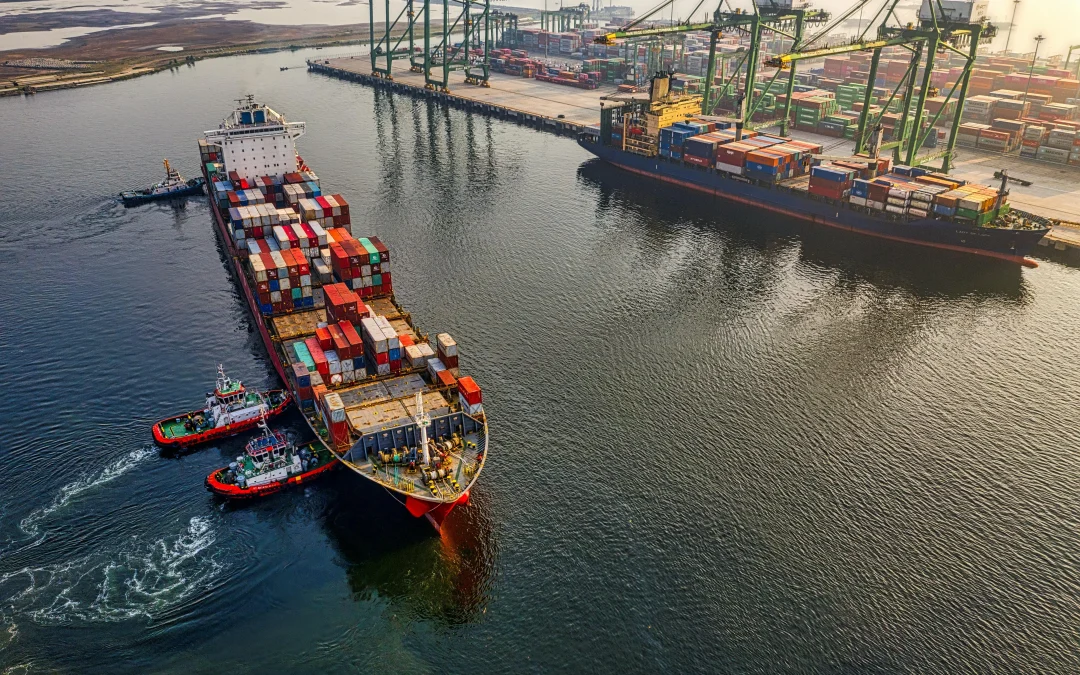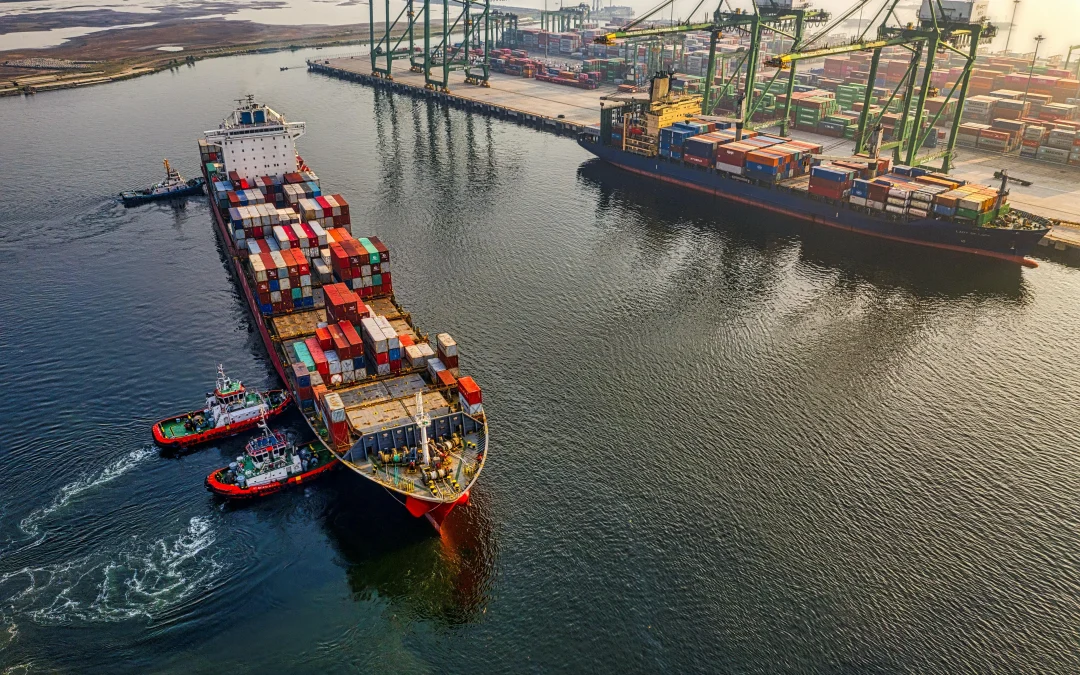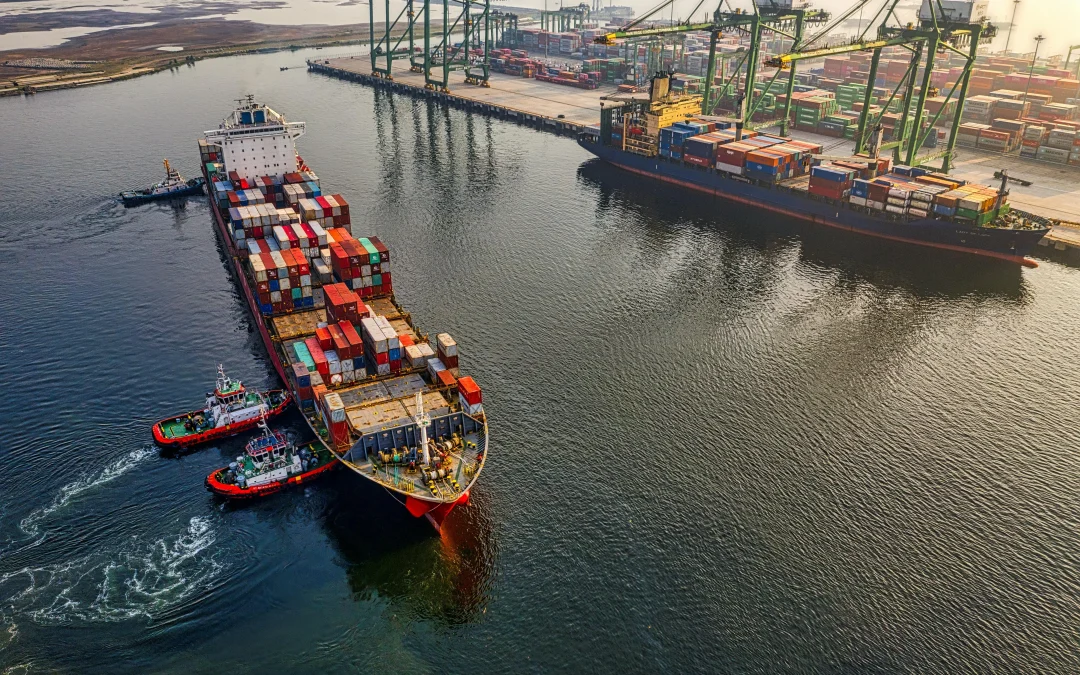
Exporting Goods to South Africa: Requirements and Tips
Exporter of Record (EOR)

South Africa has become one of Africa’s leading destinations for global trade. With a population of more than 60 million people, a diverse economy, and strong international ties, South Africa serves as a strategic export gateway to Sub-Saharan Africa, offering exporters strong market potential and regional reach.
However, opportunity comes with responsibility. Exporters must comply with South Africa’s regulatory framework, secure the right permits, and prepare accurate documentation to ensure smooth operations. This guide explains why South Africa is an attractive export market, the rules exporters must follow, and how businesses can succeed while staying fully compliant.
Why Export to South Africa?
South Africa is an attractive launchpad for companies entering Africa. It combines a large consumer base with global trade connections, making it a top choice for international exporters.
Natural Strengths
World leader in platinum, vanadium, chromium, and manganese, essential for global industries.
Infrastructure Growth
Government-backed projects in ports, rail, energy, healthcare, and education via the Presidential Infrastructure Coordinating Commission.
High-Growth Sectors
Strong demand in ICT, fintech, medical devices, and agri-technologies.
South Africa’s Export Requirements
Exporting from South Africa requires compliance with strict rules overseen by the International Trade Administration Commission (ITAC) and the South African Revenue Service (SARS).
Export Permits
Certain categories of goods require permits to ensure trade compliance and protect national interests. While most applications are processed quickly, sensitive items such as scrap metals may take longer due to additional checks. See ITAC’s guidelines for updates.
Exporter Registration
All exporters must register with SARS. Local businesses can register directly, while foreign exporters must appoint a registered South African agent to manage customs and tax obligations. Learn more at the SARS Exporter Portal.
Controlled Goods
Not all goods can leave the country freely. Around 177 tariff lines are subject to restrictions. Examples include:
Precious stones (e.g., tiger’s eye, sugilite) are regulated for local beneficiation.
Used goods such as clothing, machinery, and electronics require permits.
Strategic items such as defense-related products or dual-use electronics.
Special categories like animal products, motor vehicles, sensitive electronics, and scrap materials also require additional permits and certifications.
Compliance and Enforcement
Compliance is strictly enforced through inspections, monitoring, and cooperation between ITAC and SARS. South Africa also aligns with international frameworks such as the Basel Convention on hazardous waste.
Required Documentation
Smooth export operations depend on accurate paperwork. The most common documents include:
Commercial Invoice – outlines goods, values, and terms.
Export Permit – required for restricted goods.
Certificate of Origin – verifies product origin and provides tariff benefits under agreements like AfCFTA.
Export Your Tech Goods With IOR Africa
At IOR Africa, we simplify exports across the continent by helping businesses understand which products can be exported to African markets. Our team ensures your goods meet local standards, clear customs smoothly, and reach the market without unnecessary delays.

